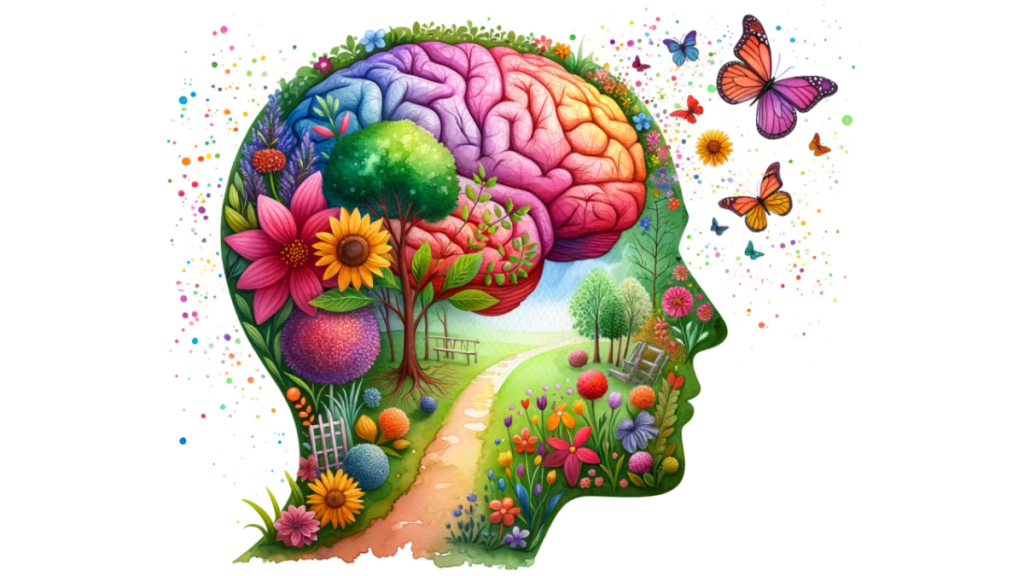When we think about our brains, we often imagine something fixed and unchangeable. But what if I told you that our brains can actually change, heal, and adapt over time? This incredible ability is called neuroplasticity. Let’s explore how our brains can mend themselves after injuries or fight back against diseases.
What is Neuroplasticity?
Neuroplasticity is our brain’s ability to reorganise itself by making new connections between brain cells. Imagine it like a city building new roads or creating shortcuts when the old ones are blocked. Whether we are learning new things, experiencing new places, or even recovering from an injury, our brains adjust and change to meet the demands.
Healing After Injury
When someone suffers a brain injury, parts of their brain might be damaged and unable to work as before. However, thanks to neuroplasticity, other parts of the brain can sometimes take over the jobs of the damaged areas. Through rehabilitation exercises and therapy, people can retrain their brains. This process is a bit like rerouting traffic in a busy city to improve flow and efficiency. Patients practise tasks repeatedly so their brains learn new pathways, helping them to regain abilities that were lost.
Fighting Disease with Your Brain
Neuroplasticity doesn’t just help heal injuries; it also helps fight sicknesses that affect how we feel, like sadness or worry. Therapy, a special kind of help where you talk to someone who teaches you to think and act happy, uses this brain power. It makes good thoughts stronger and sad thoughts weaker, which makes you feel better.
Daily Ways to Make Your Brain Strong
You don’t need to be sick to make your brain stronger. Every day, you can do fun things that help your brain grow. Learning a new game, playing music, or speaking a new language can make your brain more flexible. Running, jumping, and playing sports are also good because they send more blood to your brain. This helps your brain make better connections. These activities are like exercise for your brain and can make it healthier and smarter. So, every time you learn something new or play outside, you’re helping your brain.
Staying Connected: The Role of Technology
In today’s digital age, technology also plays a part in harnessing the power of neuroplasticity. Online platforms and apps can provide cognitive training exercises and track progress over time. For instance, with a simple “Vave login,” users can access tools and games designed to improve mental functions, supporting their brain health through engaging activities.
Conclusion: A Brain That Can Adapt Is a Brain That Can Thrive
The science of neuroplasticity gives us hope. It shows us that our brains are not static but are dynamic organs capable of great change and recovery. From healing after trauma to overcoming mental health challenges, the ability to adapt is one of our brain’s most marvellous traits. By understanding and nurturing this adaptability, we can all lead healthier, more resilient lives. Whether through therapy, learning new skills, or leveraging technology like Vave, we have the power to influence our brain’s plasticity in positive ways.
